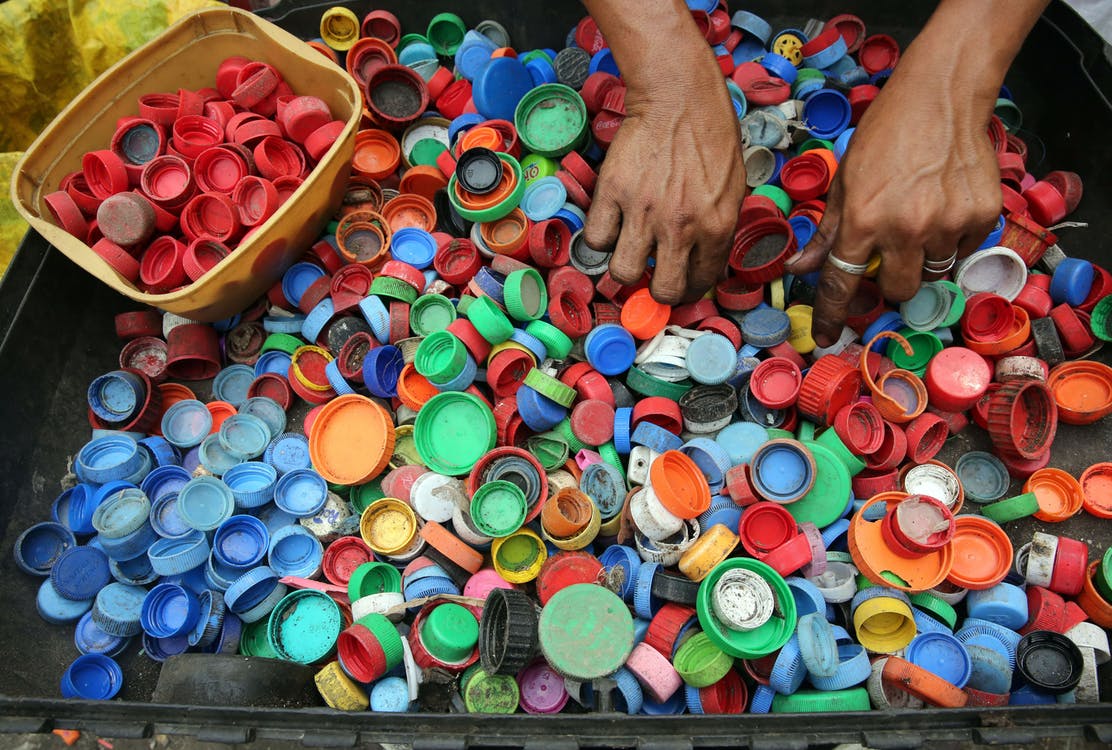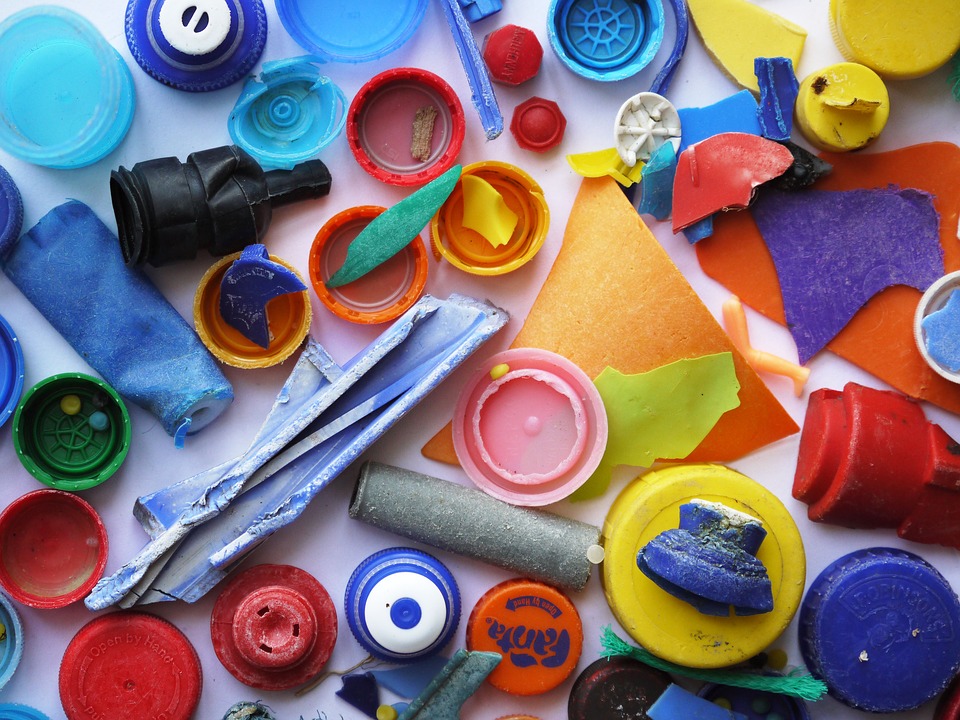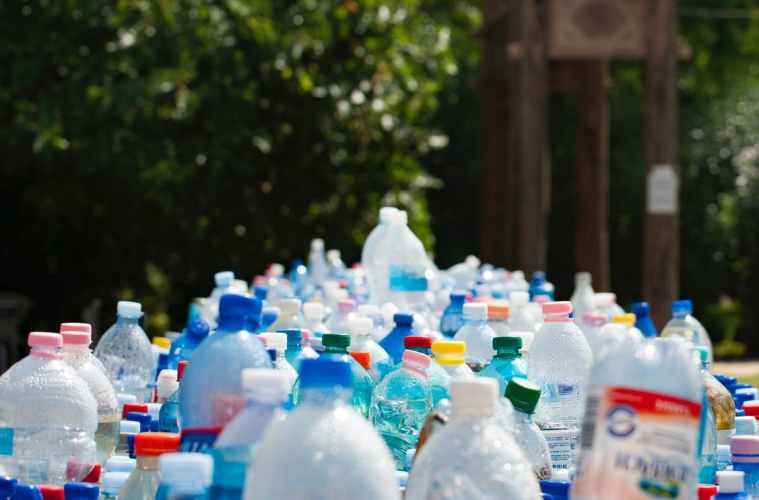Each year, we put 2.5 million tonnes of waste in landfills and three quarters of it could be recycled or composted. A substantial amount of plastic is deposited in landfills. This is a complete waste of a resource, and the volume is growing.
Plastic waste is increasing
We are creating more non-degradable plastic waste as our population increases and we are spending more on consumer goods manufactured and packaged in plastic.
In industry, plastic is being used more frequently to protect products from moisture and contact damage. This means that when products are unpacked they are received in an undamaged condition. The packaging material is often just dumped without being recycled and goes to the landfill as general waste. This is an opportunity to avoid contributing to contamination of landfill sites with non-degradable products by recycling industrial plastic waste.
Most plastic takes over 1000 years to decompose

Like most Kiwis, you recycle your plastic waste because you know that it takes at least ten generations to decompose in a landfill. This means that future Kiwis will have to deal with the problem of products that have not degraded over a long time.
If you look at the base of your plastic containers you will see a number between one and seven. This identifies the type of plastic. The majority of products are labelled one, two and four. These are the most common types of plastic and are easiest to recycle providing they are clean.
Plastic can be difficult to recycle because it must be clean and uncontaminated. This means that food and oil products can effectively prevent the reuse and recycling of the plastic containers.
Even if you decide to take a responsible approach to recycling, your products may be rejected if they are not clean and this means they end up in the landfill… The thing you were trying to avoid by being responsible and recycling.
“It is good to err on the side of rinsing, since paper and cardboard are especially sensitive to residue.”
It is impossible to recycle plastics that are contaminated by food waste and oils because they prevent the reuse of the product and can contaminate other clean products that are suitable for recycling.
Wash contaminated plastic before recycling

Wash your containers before recycling. When you recycle plastic containers, scrape out any food residue and give them a rinse to clean them. You can use dishwashing up water to achieve this before you pull the plug. There is no need to put your recycled plastic in the dishwasher.
To remove oil from plastic containers, put in a few drops of washing up liquid and some warm water. Screw on the top, give it a shake and rinse it out. It will be clean enough for recycling and will not prevent the recycling of other products.
The recycled plastic can be used for a number of purposes such as carpet, strapping, clothing, fibres, insulation, new containers like bottles, pipes, edging, boxes and bins. There is a high demand for recycled plastics by remanufactures because it is a cost-effective material.
Your efforts in providing clean, washed plastic for recycling will be appreciated by Kiwis in future generations.
“Whether you leave the lid on the container or not depends on where in NZ you live. We recommend having a look at your local council’s website or getting in touch with them.”
– Source
The following major cities recommend:
- Auckland – Leave lid on
- Hamilton – Take lid off
- Wellington – Take lid off
- Christchurch – Take lid off

